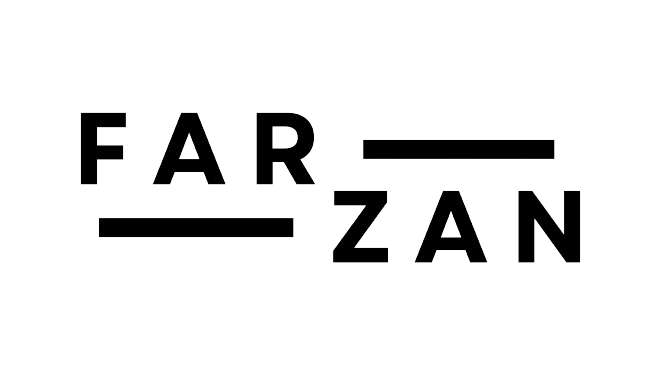Childhood (being a child) is a broad term usually applied to the phase of development in humans between infancy and adulthood. In developmental psychology, childhood is divided up into the developmental stages of toddlerhood (learning to walk), early childhood (play age), middle childhood (school age), and adolescence (post-puberty).[1]
The term childhood is non-specific and can imply a varying range of years in human development. Developmentally, it refers to the period between between infancy and adulthood. In common terms, childhood is considered to start from birth. Some consider that childhood, as a concept of play and innocence, ends at adolescence. In many countries there is an age of majority when childhood officially ends and a person legally becomes an adult. The age ranges anywhere from 13 to 21, with 18 being the most common.[2]
Childhood as a historical construct can be defined as a constantly evolving series of steps toward adulthood shaped by a vast array of forces and ideas, ranging from ethnicity to class, from region to religion, and from gender to politics. Historians have tended to focus on two fairly distinct, if imprecise, phases of "growing up": childhood and youth. The former suggests a time of innocence, freedom from responsibility, and vulnerability. The latter includes but is not necessarily restricted to adolescence and is normally characterized as a period of "coming of age," when young people begin taking on the responsibilities and privileges of adulthood. Childhood suggests a period of shared expectations and closeness between parents and children, while youth, at least in the twentieth century, connotes a period of conflict between the generations, as hormonal changes and the new generation's drive for independence spark intense emotions and competition.[3]
Childhood At the Turn of the Twenty-First Century
Many of the issues that have characterized children's experiences since the colonial period continue to shape their lives nearly four hundred years later. Youth still work, but their jobs tend to be part time and their earnings tend to be their own. For girls, smaller families have eliminated the need for the "little mothers" who had helped maintain immigrant and working-class households generations earlier. The educational attainment and health of minority children, while improving, still lags behind that of white children, with one shocking twist: the most serious health threat facing male, African American teenagers is homicide. Yet, however much the demographics, economics, politics, and ethics of childhood have changed, the basic markers for becoming an adult—completing one's schooling, finding an occupation, marriage—remained the same.[4]
The end of childhood
For the effects of the International Convention for the Rights of the Child (ICRC), childhood ends when a child reaches 18 years of age. This means coming of age "unless, in virtue of any applicable law, the person has come of age before then".
Not all national legislation establishes coming of age at 18 years old, some put this earlier and others later. Also, according to national legislation the concept of coming of age varies in accordance with the treatment of civil, penal, or political aspects.
The ICRC permits States where coming of age occurs before 18 years old to fix a lower age limit for certain purposes. What is required is that this be done coherently according to the spirit and general principales of the Convention. The superior interest of the child must come above everything, discrimination should not exist, and to the greatest extent possible, child survival and development must be guaranteed.
In any case, States cannot elude their obligations to persons aged under 18, even if, to all effects of national legislation, they have already come of age.[5]
The child according to the Convention
Article 1 of the ICRC affirms: "For the effects of the present Convention, a child is understood to be a human being aged under 18 years old, unless, in accordance with any applicable law, he/she is considered to have come of age before then".
The ICRC, while establishing the moment that childhood ends, does not define when childhood begins, as this can be situated as when a child is conceived, upon birth, or at some intermediate stage.
When drawing up the legal text, this definition was deliberately avoided so as not to jeopardize universal acceptance of the law. Thus it is left to each national legislation to specify the moment when childhood or life begins.[6]

----
Notes:
[1] Wikipedia
[2] ibid
[3] US History Encyclopedia
[4] ibid
[5] unicef.org
[6] ibid
========
About Me:
I am a 303 days / 10 months & 4 days old baby
A breastfed baby for 6 months and a formula-fed baby months after.

